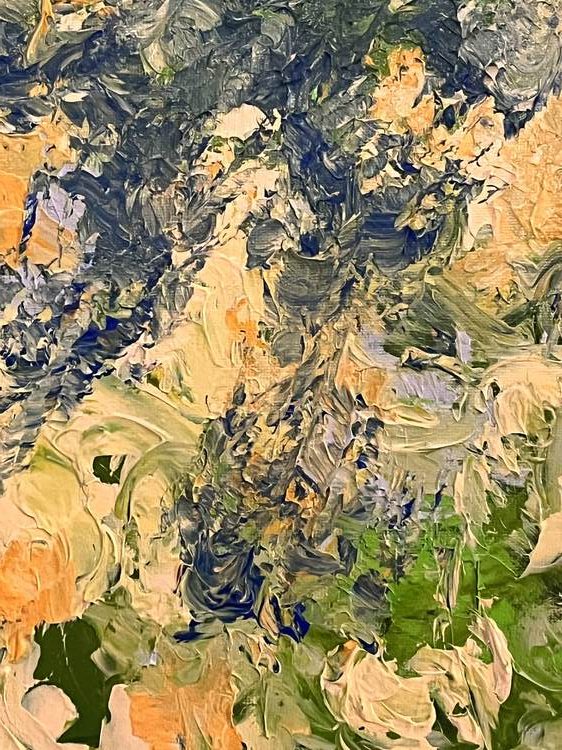Washed Stones
The cottage smells of mice,
wood-smoke and pine.
We dream we are glittering trout,
blood red beneath our gills.
Morning spills like candlelight—
mist rising from the lake’s silk.
We slip to the shale beach,
pebbles slide smooth beneath our feet.
Two girls, one amber, the other shell,
holey stones strung around our necks
on strands of floss—knife the liquid mirror
into bone-chilling water.
We dare each other to swim the drop-off
to the lake’s dark heart.
At noon we follow creek-flow, lured upstream
into cliff shadow. You and I straddle a fallen log,
spinning stories like skeins of yarn.
There are Iroquois ghosts in these woods.
Hopeless in love, maidens plunge from the waterfall.
We spit in our palms to remember we are alive.
Night shawls the lake.
Now stars embroider the continent between us.
I remember we collected washed stones
and brought them home—past two faded
cabbage rose-curtained windows.
______________________
Dale Champlin
Review by Philip Kirsch
A dream-like memory wrapped in smoke, mist, scents and soft light, wrapped in longing with a touch of eroticism; it is all new and innocent, expressed in simple language, many single syllables, young, fresh and strong. Beautiful: “stars embroider the continent,” “Morning spills like candlelight”; so many levels on which to savor the stones brought home but left behind, “Hopeless in love.”
Review by Nancy Sobanik
In “Washed Stones” Dale Champlin explores place in memories, looking back on an idyllic girlhood teetering on the cusp of the unknown future. Rising at dawn to become one with the tableau of lake and nature signifies an unconscious freedom and sense of belonging to the two friends, who are barely removed from emergence from the womb. Imagination is titillated in the telling of ghost stories and the sealing rituals of friendship in childhood – We spit in our palms to remember we are alive. The sensory imagery of the adventure is juxtaposed with the comfort of returning home, pockets full of treasure, to homey cabbage rose curtains. The stars of the end stanza are remote but connect the two friends across time and space, as do the solidity of the washed stones.
Review by Jared Pearce
I think it’s nice when poems take a break and do some reporting, build a sort of diorama where the reader can come over, take a look, and that’s about it. This is how I feel looking into “Washed Stones.” Sure, I can think of times when I was out on a lake or on a hike or whatever, but I don’t do that work now. Now I regard from the outside the world presented before me, I have a nice morning, afternoon, evening, and that’s all right.
Review by Mary Giudice
There’s no way I could stop reading this poem after those first two stanzas! I can’t resist the nouns– we get “cottage,” “mice,” “wood-smoke,” “pine,” and “gills” in just four tiny lines, with “dream” and “blood” doing good impersonations of nouns– I’m inspired to try to write a poem with bonus nouns hidden in other forms of speech like Champlin does there. The nouns are evocative as well as substantial– there’s nothing quite like the scent-triggered nostalgia for a familiar cabin! It leads beautifully into the more nebulous night-swim memory that comes after. This poem is sonically rich too, I want to remember “the dropoff/ to the lake’s dark heart” forever.
Review by Nadine Ellsworth-Moran
This poem is rife with beautiful imagery captured in couplets (with one line exception). I found the use of the senses throughout worked effectively to create this little world of the two girls and the lake. I liked the way the poet wove in a sense of mystery for the girls – Iroquois ghosts and maidens plunging from waterfalls, and the sense of making some sort of pact by spitting into their palms. The poem has a lovely lyrical quality to it and does well to capture the place and time. While there may have been a word choice or two that I would consider differently, there is little else I would critique. It was a pleasure to read.

